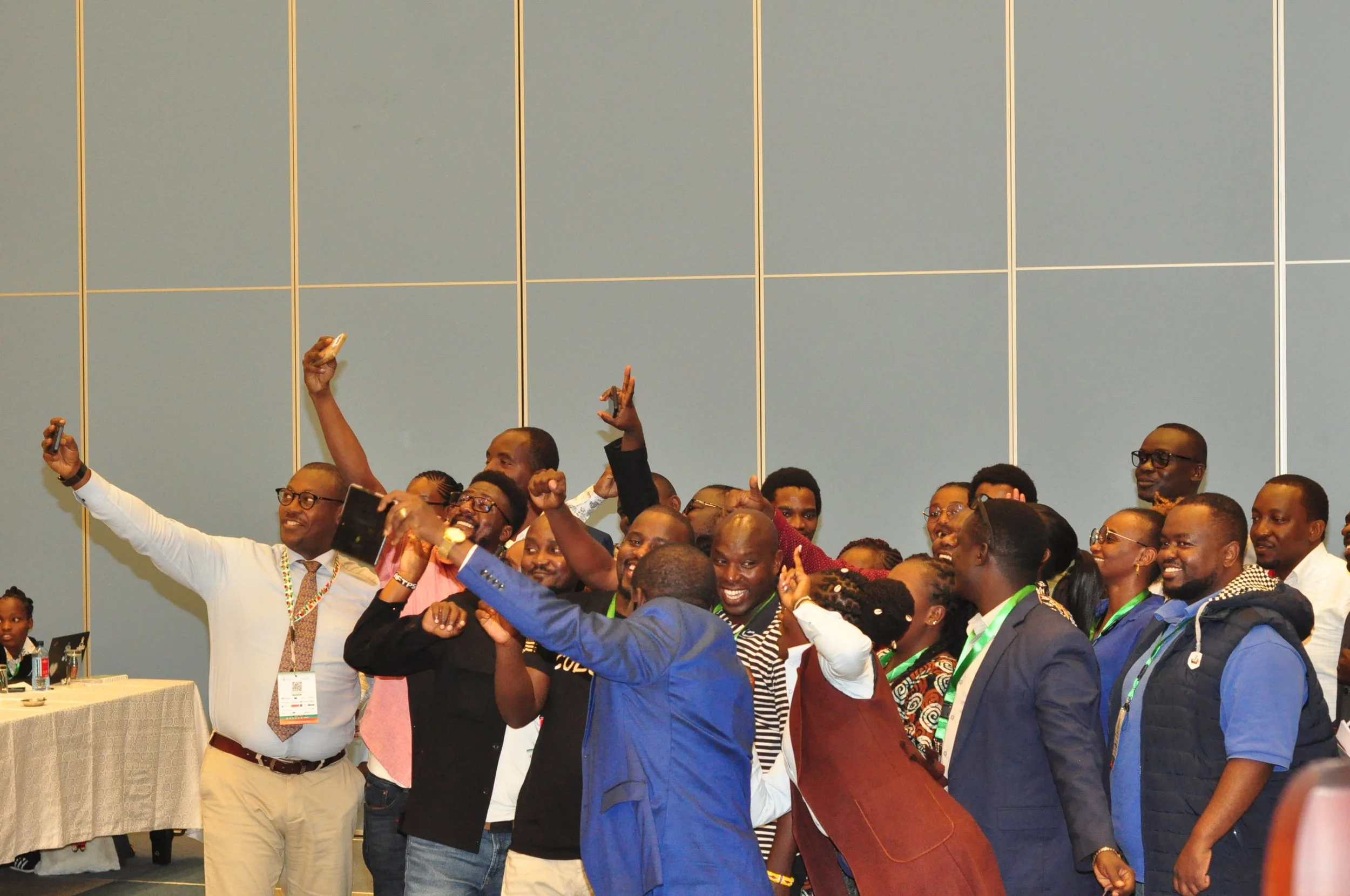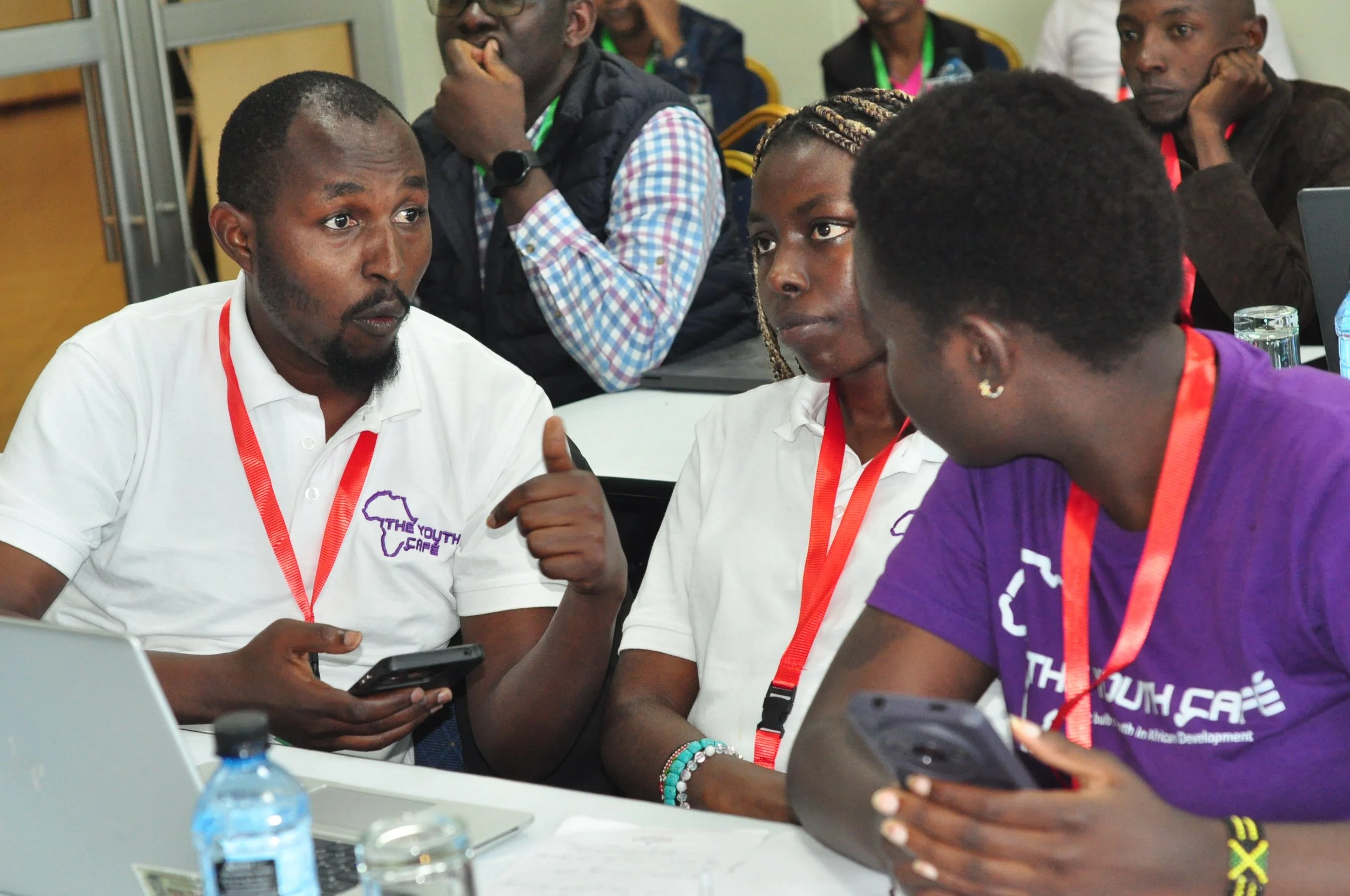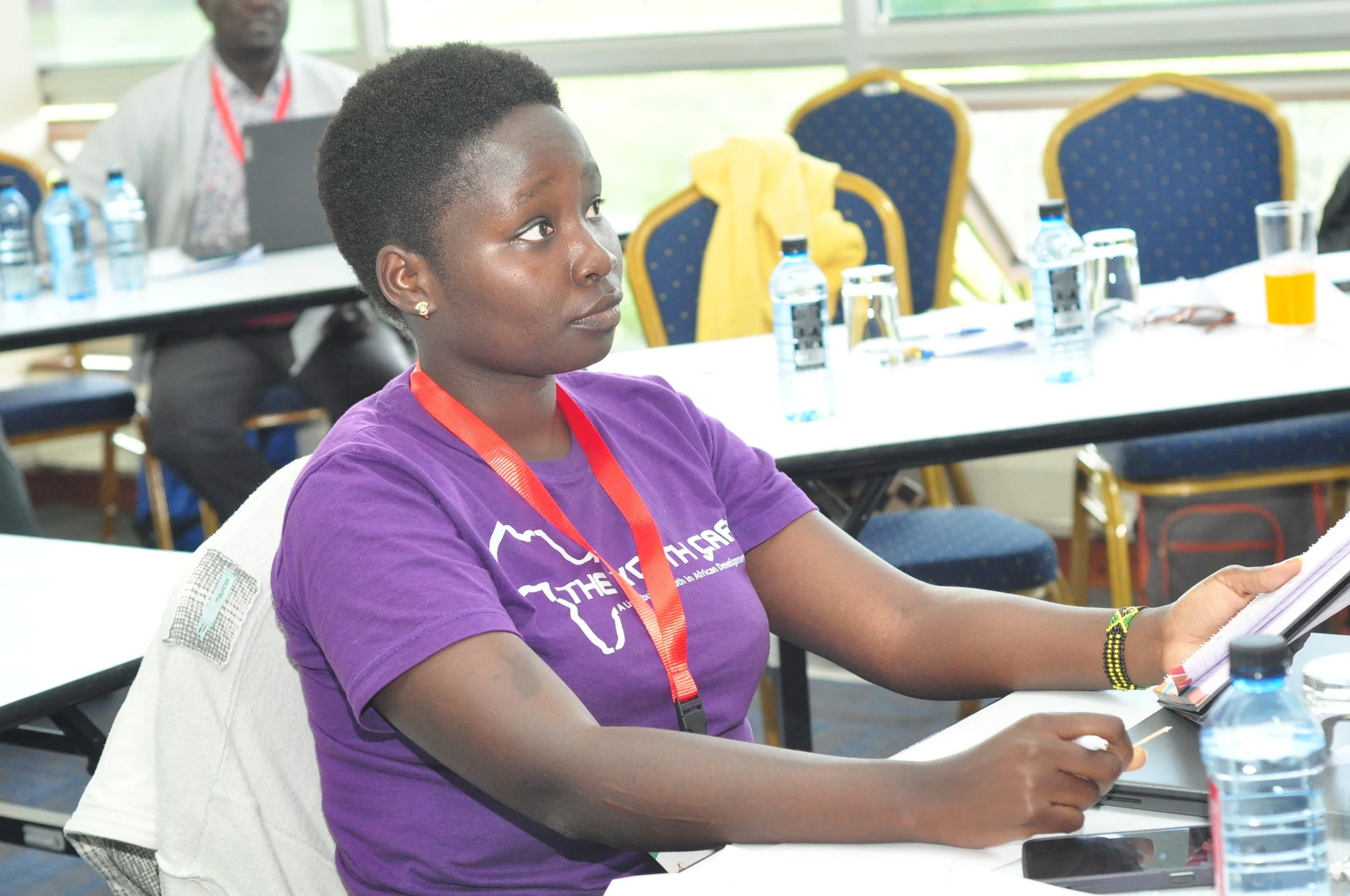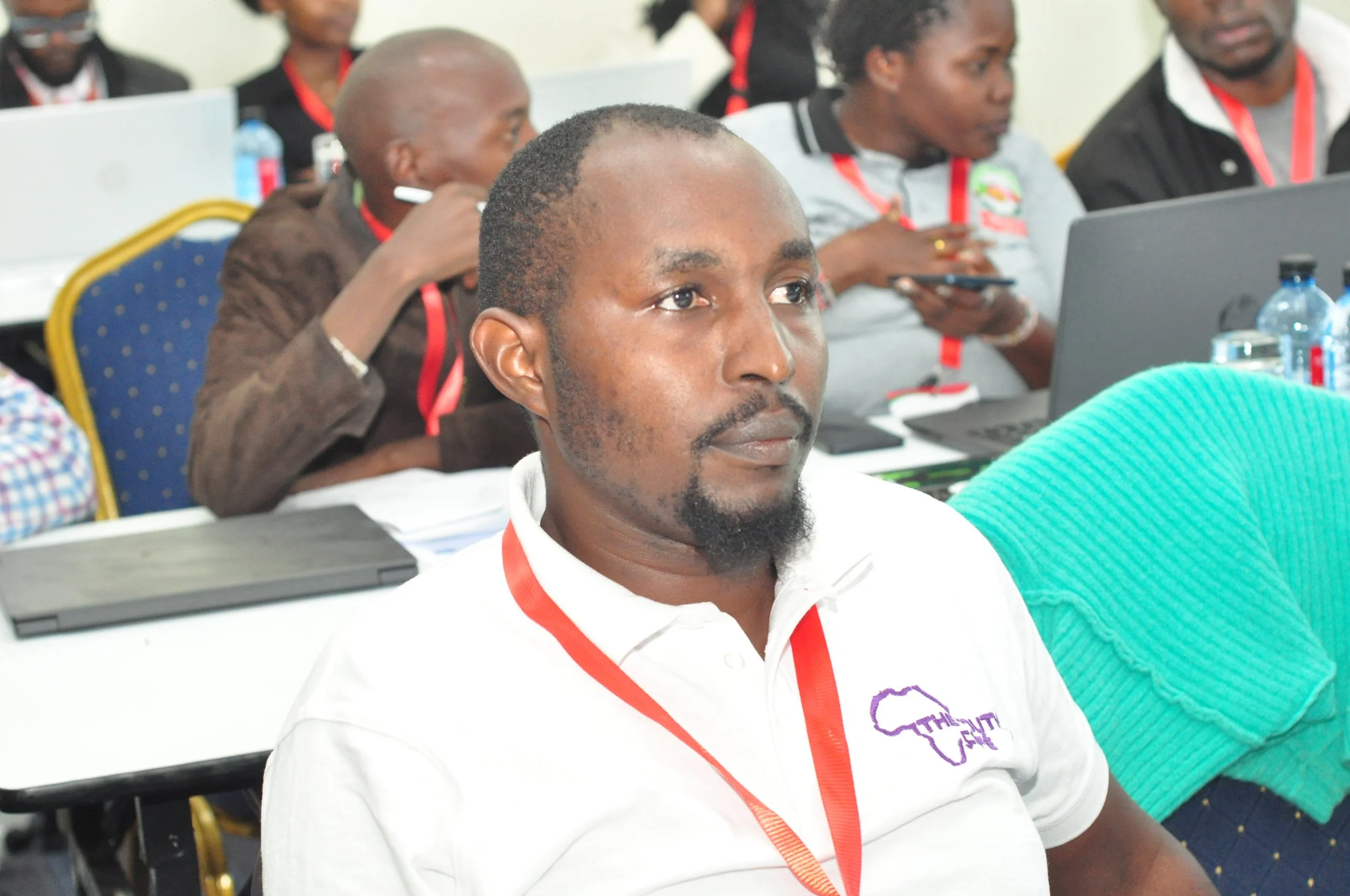1.0 BACKGROUND
The Council of Governors in collaboration with partners, has to this end hosted eight (8) Devolution Conferences in various parts of the country. Attracting domestic and international delegates, the conference has been known to shape devolution’s policy and legislative environment through the Joint Communique that is generated at the end of each event. It has become an instrumental platform through which stakeholders can evaluate the progress made in the performance of the fourteen (14) devolved functions.
The 9 th Devolution Conference is scheduled to take place from 12 th -15 th August 2025 in Homa Bay County. The plenums, breakaway sessions and exhibition booths facilitate deep reflections and conversations on the milestones, challenges and opportunities experienced in implementing the devolved system of the governance. The event has proved to be a powerful platform for networking and peer to peer learning on innovations and best practices emerging in service delivery at the County level. Worthy of noting also is that over the years, the Conference has become a real economic booster for communities in the host Counties.
This year’s overall conference theme is: For the People, For Prosperity: Devolution as a Catalyst for Equity, Inclusion and Social Justice. The sub-theme is: Re- engineering County Governments to Accelerate Development and Close the Socio- Economic Divide.
Ultimately, the objective of the conference is to examine the place of devolution in the realization of equity, inclusion and social justice and generate practical proposals that can be adopted by state and non-state actors for bridging the socioeconomic divide.
Article 55 of the 2010 constitution elaborates on the rights of the youth and their contribution to national development, stating how ‘’ The State shall take measures, including affirmative action programmes, to ensure that the youth (a) access relevant education and training; (b) have opportunities to associate, be represented and participate in political, social, economic and other spheres of life; (c) access employment; and (d) are protected from harmful cultural practices and exploitation’. With inclusivity at its core, this year’s theme guarantees meaningful youth engagement.
The theme champions inclusivity, making youth engagement and the engagement of other special interest group a priority.
2.0 JUSTIFICATION FOR THE YOUTH ENGAGEMENT DURING THE DEVOLUTION CONFERENCE
The young people in Kenya continue to make up a substantial majority of Kenya’s population. According to the 2019 census and the latest population data, those below age 35 were 35,700,787, accounting for 75.1% of the total population. The census further indicated that the youth population (18-34) makes up 29% of the population which shows that Kenya has a youth bulge. Consequently, it becomes evident that harnessing the potential of the youth is pivotal to driving the country’s development.
Conversely, neglecting this demographic can have far-reaching implications on Kenya’s social, economic, political, and cultural sphere.
Kenyan youth have consistently been at the forefront of advocating for critical issues affecting their lives, including meaningful inclusion in governance, access to dignified and sustainable employment, climate action and environmental conservation, quality and affordable education, mental health and well-being, digital transformation, and social justice. They have also been vocal in condemning societal ills such as corruption, extrajudicial killings, human rights violations, inequality, and systemic injustices. Yet, despite their efforts, youth still have less access to formal decision-making processes, and to influencing policy.
Recent global and national trends, particularly the wave of Generation Z (GenZ) unrest, have been a wake-up call. GenZ, both in Kenya and globally, have been increasingly vocal in demanding their rights, inclusion, and better governance. The year 2024 saw an unprecedented surge in youth-led movements, as young people in many countries mobilized to push for systemic change and greater representation.
In June 2024, Kenyan youth took to the streets in unprecedented numbers, not only to protest the high cost of living but also to highlight deeper systemic issues affecting their livelihoods and future. While the Finance Bill 2024 served as the immediate trigger, it was just a catalyst for broader grievances. Their collective action yielded tangible results, including the rejection of the Finance Bill.
Around the same time, students in Bangladesh mobilized against policies that reserved up to 30% of government jobs for the descendants of war veterans from the country’s 1971 independence struggle. Their demand for merit-based opportunities resonated widely, sparking global conversations on youth inclusion and fairness in governance.
Their clamor for better governance, meaningful inclusion, and systemic reforms is an indicator to the need for a deliberate and strategic approach to youth engagement.
Notably, devolution presented a lot of opportunities for enhanced youth engagement through the County Governments. However, youth issues have not been given pre- eminence as reflected in the County plans and processes.
Against this backdrop, this year’s Devolution Conference presents a timely and strategic opportunity to deepen youth participation. The theme underscores the need for greater representation and engagement of historically marginalized groups, including the youth.
Unlike previous editions, where youth engagements were largely confined to break-way sessions, this year’s conference will mainstream youth voices within high-level discussions and decision-making processes.
The youth will have an opportunity to engage directly with their leaders, experts, participate in policy dialogues, and contribute to shaping governance and development agendas.
3.0 IMPLEMENTATION STRATEGY
3.1 Youth participation
To ensure meaningful youth engagement at the 2025 Devolution Conference, the Devolution Conference Steering Committee resolved that each County Government will support five (5) youth delegates from their respective counties. Additionally, 300 youth from Homa Bay County, the conference host, will be mobilized to enhance local participation and representation.
The implementation of the youth session and related activities will follow a structured and inclusive approach to maximize impact and engagement; guided by the theme ‘’ Youth at the Center: Shaping Devolution, Driving Change’’.
3.2 Execution of the youth activity
To ensure meaningful, inclusive, and impactful youth participation, a town hall meeting will be convened a day before the official opening of the 2025 Devolution Conference. It will seek to provide a dedicated space for young people to engage in critical discussions on governance, leadership, and policy issues affecting them.
Given the financial constraints that may limit some youth from attending the main conference scheduled, the town hall will serve as an alternative platform to ensure their voices are heard and integrated into devolution conversations. It will enhance inclusivity by providing an opportunity for a broader and more diverse group of young people to participate in the devolution conversation.
3.3 Structure of the Town Hall Meeting
The town hall will be a three-hour interactive session, broadcast live on major mainstream media stations, and strategically designed into four key segments to enhance engagement and maximize impact as follows:
Segment A: High-Level Plenary Session
A panel discussion featuring key government representatives, influential thought leaders, development partners, private sector leaders, and youth representatives.
This session will provide a platform for youth-driven dialogue, ensuring that their concerns, ideas, and policy recommendations are addressed by key decision makers.
Segment B: Showcasing Best Practices in Youth Engagement
A presentation and interactive discussion by County Executive Committee Members (CECMs) and Members of County Assemblies (MCAs) on successful youth engagement initiatives across different counties.
The session will seek to highlight innovative approaches, policy interventions, and lessons learned from counties that have effectively mainstreamed youth issues in their planning.
Segment C: Overview of the Youth Engagement and Mainstreaming Strategy
A concise five-minute presentation providing an overview of the Youth Engagement and Mainstreaming Strategy, outlining its key objectives, implementation framework, and expected impact.
It will serve as a prelude to the official launch
Segment D: Official Launch of the Youth Engagement and Mainstreaming
Strategy
The strategy will be officially unveiled and launched by H.E. The President and H.E. Gladys Wanga.
It will symbolize the National and County Governments’ commitment to institutionalizing youth engagement within the County Governments.
4.0 OVERALL OBJECTIVE
The overall engagement of the youth forum is to provide an inclusive and dynamic platform for youth to engage in dialogue with policymakers, development partners, and the private sector on critical issues affecting them while fostering actionable solutions for their meaningful engagement in devolution and public life.
4.1 Specific Objectives
To mainstream youth perspectives in to the 2025 Devolution conference
To launch the Youth Engagement and Mainstreaming Strategy, providing a structured roadmap for enhancing youth inclusion at the County Level and ensuring long-term sustainability for youth interventions
To showcase best practices in youth engagement at the County Level for better implementation of reforms
5.0 EXPECTED OUTPUT
A CoG and County-Level Youth Engagement and Mainstreaming Strategy launched to guide the institutionalization of youth inclusion across all sectors.
A youth communique demonstrating increased National and County-level commitment to youth-responsive policies and programmes
6.0FUNDING
The Youth Cafe and the Council will approach like-minded partners to support the implementation of the activity.
7.0 PROPOSED BUDGET ***Attached in a separate excel sheet***
8.0 ABOUT THE COUNCIL OF GOVERNORS
The Council of Governors (CoG) is a non- partisan organization formed under section 19 of the Intergovernmental Relations Act (IGRA 2012) to provide a mechanism for consultation amongst County Governments, share information on performance of the counties in execution of their functions, facilitate capacity building for Governors, provide a forum for sharing best practices and information on matters devolution, offer a collective voice on policy issues; consider reports from other intergovernmental forums on National and County interests amongst other functions.
CoG works through sectoral committees in order to fulfil its mandate. It is currently made up of 18 committees. The youth committee anchored under the larger Gender, Youth, Sports, culture and Social Services committee provides a platform for advancing youth development in the counties. It ensures that conscious efforts are undertaken to improve service delivery which translates to a high impact for the youth in the Counties
ABOUT THE YOUTH CAFE
The African Youth Cafe (TAYC) is a Non Governmental Organization and a network registered under section 10 of the Non-Governmental Organizations Coordination Act. The African Youth Cafe is Africa's largest convening community of professionals harnessing youth advocacy, policy and research for social impact, engaging over 4,500 member organizations, 1,200 subject matter experts, and over 947,000 individuals aged 18 to 35 virtually from every country in Africa. Its broad membership enables TYC to fill the role of incubator and trusted centre of excellence for best practices, tools, and standards for youth development. TAYC’s vision is a socially just Africa propelled by youth-led innovative solutions. Its mission is to mobilize young people for socio-economic transformation through inspiration and collective movements. For over a decade, The African Youth Cafe offices have executed more than 45 development cooperation programs backed by 14 distinct donors through service contracts, consultancies, and accountable grants. These initiatives directly engaged civil society organizations in 33 countries





